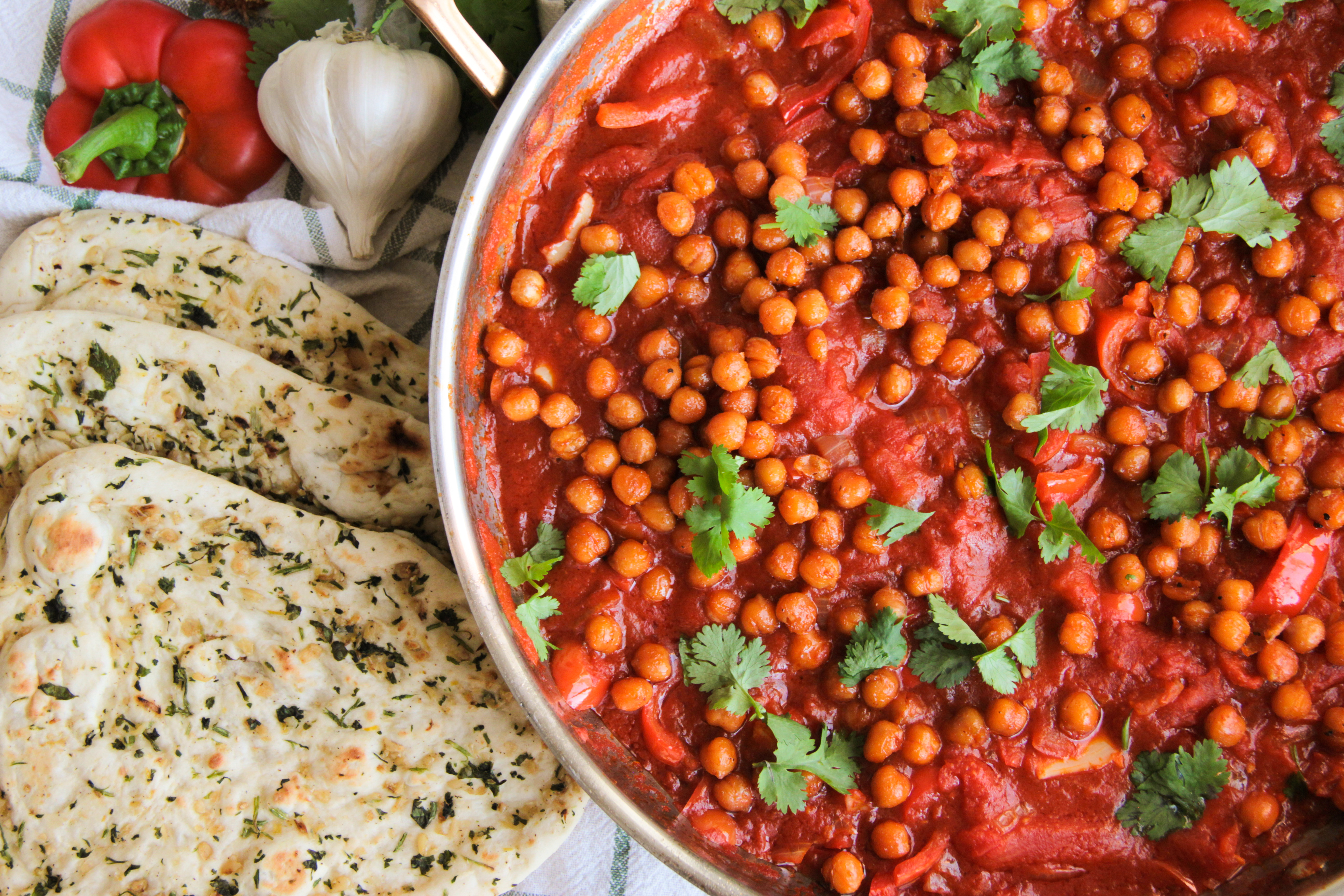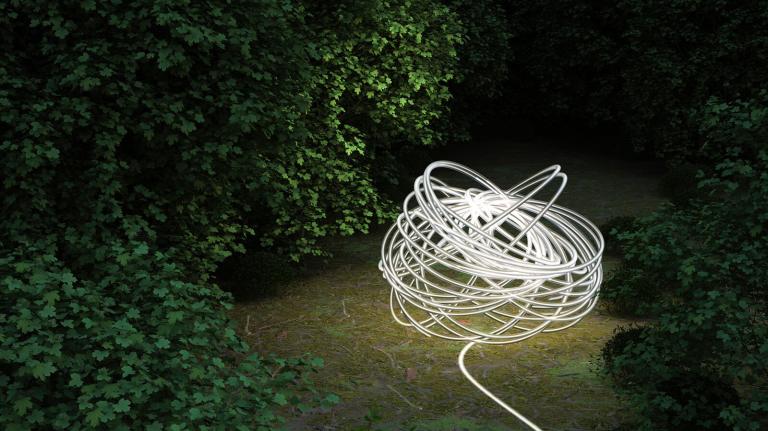Hey there,
It’s spring. It’s temporarily not raining in the Pacific Northwest. I’m scheduled to get my second jab early next week. The U.S. is convening climate leaders from around the world, rather than dismissing them. I kinda want to shriek out in glee.
In a lot of ways, things seem so much better from a year ago. If you squint, you can begin to imagine what it’d look like to truly tackle the challenges before us. That the U.S. would pledge to cut its climate emissions at least in half by 2030 would have been inconceivable a year ago. That justice would be so central to the Biden administration’s environmental plans would have been unfathomable.
It’s a race, with victory still far-fetched — pledges need to turn into actions, speeches into deeds — but right now, I have a bud of hope.
As do, it turns out, many others. The Fix team’s climate-fiction contest to imagine what a regenerative, non-sucky future could look like drew a remarkable 1,098 story submissions from 85 countries. Zowie! We’ll be whittling down these entries to 12 finalists, which we’ll feature later this year.
Meanwhile, I’m excited to introduce you to Grist’s first entrepreneur in residence, Darel Scott, who is the founder of Earth in Color, a creative media studio focused on Black culture, community wellbeing, and healing with this here Earth. Scott joined our team in the fall of 2020. Although that was in many ways a dark time, she says the pandemic gave her an unexpected opportunity to rest and reflect, and steep on the ideas she had to turn her project into the budding organization it is today. More on that below.
As always, please send any thoughts or feedback. And if your friends would also like to collect seeds of shift happening, please encourage them to subscribe.
— Chip Giller, Grist Founder and Creative Officer
1. Your new hero

Artist and scholar Lyla June, a 2021 Fixer, and filmmaker Josué Rivas, a 2019 Fixer, collaborated last year on a short documentary called Future Ancestor. The film documents June’s seven-day fast on the steps of the New Mexico state capitol building to honor the next seven generations. Rivas was eager to nominate June to this year’s Grist 50 after learning from her, as he says, that “the future is going to be a beautiful incorporation of the matriarchy back into our society.”
We recently hosted a live conversation between the two that covered topics from Indigenous representation in the media to Indigenous science, history, and the future. Excerpt below.
Rivas: In the film, you said something that just blew my mind completely, which was that we’re planting seeds for people we will never meet. That stuck with me, and it has been running my life, really, in a lot of ways. Tell me a little bit about that.
June: Right now, we’re thinking about the next fiscal quarter. Or maybe the next five years. I’m guilty of that, too. I was indoctrinated in this culture. You don’t really think, “How are we, as a national community, going to work together to make sure that our great, great, great, great, great, great grandchildren have a wonderful life?” I’m trying to have that run my life, too.
Let’s make sure we pass on to our children what works — which is honoring women, honoring water, honoring biodiversity, and honoring humility as the highest technology that we as human beings can ever possess.
Watch the Instagram video for the full conversation or read other highlights here. And be sure to check out this hecka inspiring series of other discussions between 2021 Grist 50 Fixers and the past Fixers who nominated them.
2. Your reading list

On Earth Day 2018, a group of Stanford University students put on an arts festival called Earth in Color, dedicated to celebrating voices of color. The founder of the fest was Darel Scott. Fast forward to today, and Scott is now our very first entrepreneur in residence, developing Earth in Color into a full-fledged organization — and just last week, she and her team launched their first media project: Radicle magazine.
Somewhere between an anthology, a guidebook, and a traditional mag, Radicle overflows with gorgeous artwork, compelling interviews and essays, recipes, and more. It is available for purchase on Earth in Color’s website and will be issued annually. In botany, a radicle is “the first sprout to appear when a seed is developing into a plant,” Scott writes in her editor’s letter. “The dynamic pages of Radicle are waiting to be written on, spattered with sauce, mulled over, and revisited. As you take root, Radicle will be your tool kit, your workbook, your guide, and your companion.”
Check out our Q&A with Scott for more backstory on how the mag came to be.
3. Your pick-me-up
- This land is their land. “For Native Americans, there can be no better remedy for the theft of land than land,” writes David Treur in a must-read cover article in The Atlantic, which argues that all 85 million acres that make up national parks in the U.S. ought to be returned to the tribes. In an interview with Grist, Interior Secretary Deb Haaland, the nation’s first Native American cabinet member, spoke last week about the importance of addressing environmental injustices in the country. Haaland’s department encompasses the national parks — it’ll be interesting to see if landback becomes part of her interpretation of the Biden administration’s “build back better” campaign.
- Carpe diem. Longtime environmental-justice advocate Mustafa Santiago Ali makes the case that an “Environmental Justice Day” should be recognized as a federal holiday. He sees “an opportunity to connect with our most vulnerable communities and throw our weight behind the priorities that they have put in place,” and is envisioning a day of education, action, and hope.
- Powershift. Most states prohibit cooperative solar arrays, despite their popularity and cost-saving potential. A diverse coalition is trying to change that in Pennsylvania — one study indicates that projects following passage of a community-solar law in the state could collectively power about 120,000 homes, create 12,000 jobs, and save residents $30 million annually in electric bills.
- A vehicle for change. Washington plans to phase out gas-powered cars starting in 2030 — in a bill that its governor is expected to sign, the state will ban the sale, purchase, and registration of cars that aren’t electric vehicles from model year 2030 or later. The ban will put Washington ahead in the race to rid the country’s roads of combustion engines, passing early leaders California and Massachusetts, which have set their sights on 2035.
- Fossil fuels are (French) toast. In a global first, France this year began requiring makers of some electronic devices, including smartphones and laptops, to tell consumers just how repairable (or not) their products are. Meanwhile, lawmakers in the country are advancing a plan to ban domestic flights when the same trip could be made by train in less than two and a half hours. The country is also poised to approve a plan that would encourage people to turn in their gas-powered cars in exchange for nearly $3,000 toward the purchase of an electric bike.
4. Your weekend plan
Shakshuka it up

Thanks to Earth in Color, I’ve recently rediscovered one of my all-time favorite dishes (for breakfast … or lunch … or dinner): shakshuka. It’s a traditional North African / Middle Eastern dish with a tomato base, a pleasing medley of spices, and poached eggs — which I am an absolute sucker for. This recipe, courtesy of Darel Scott, also includes chickpeas.
We cooked up a big batch on Wednesday and it was gone before the day was out. Kid-approved!
What you’ll need:
For the chickpeas
- 1 15-oz can of chickpeas, drained and rinsed
- ½ tsp. garlic powder
- ½ tsp. smoked paprika
- ½ tsp. cayenne pepper
- 4 tbsp. cooking oil
- Salt and pepper, to taste
For the sauce
- 4 tbsp. cooking oil
- 2 red bell peppers, seeded and diced
- ½ yellow onion, diced
- 3 large garlic cloves, smashed into large chunks
- 3 tsp. smoked paprika
- 1 tsp. chili powder or cayenne pepper
- 1 tsp. cumin
- 2 tsp. harissa
- 1 28-oz can whole peeled tomatoes
- 4 eggs (optional)
- A bunch o’ cilantro (or parsley), to garnish
- Salt and pepper, to taste
How to make it:
Prepare the chickpeas
Preheat oven to 425°F. Mix all ingredients in a bowl, adding oil until each pea is heavily coated. Spread mixture onto a generously oiled baking pan or seasoned cast-iron skillet (Scott’s preference). Spread the chickpeas thin so that none are stacked. Place in preheated oven. Stir at 10 minutes, then let them roast for another five to seven minutes or until golden.
Prepare the sauce
Heat oil in a skillet over medium heat. When oil is hot, sauté peppers and onions until soft. Add garlic and seasoning, and stir until garlic is fragrant. Add harissa, tomatoes, and their juice. Mash the tomatoes in the skillet. Simmer, half-covered, for 15 to 20 minutes or until ingredients have softened into a chunky stew. Stir occasionally. Top with roasted chickpeas.
Optional (non-vegan) step: Make four small wells in the simmering sauce and crack eggs into them. Cover the skillet, poaching the eggs for about 8 minutes. Season with salt, and garnish with cilantro or parsley. (If you want to be really non-vegan about it, a little sprinkling of feta cheese on top is also *chef’s kiss.*) Sop the whole thing up with some toasted sourdough, pita, or naan, and you’re all set!
All four of the featured recipes from the first issue of Radicle can be downloaded here.



